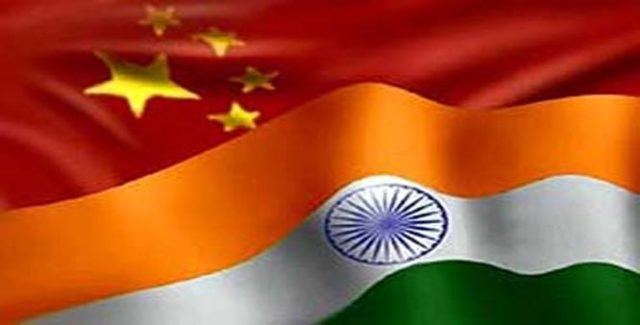A war between two warring nations need not always be fought militarily! While sometimes these wars are fought on battlefields…sometimes they are fought in the enemy’s minds. Then again, wars can also be waged by levying anti-dumping duties. Think about it?!?

The news of India imposing anti-dumping duty on as many as 93 Chinese products being imported in the country (in the wake of the Doklam standoff), was enough to enrage our neighbour, who have gone ahead to warn India of a looming trade-war.
Urging its firms to “reconsider the risks” of investing in India, China’s ruling Communist Party also issued a warning to New Delhi that any trade war that ensues post the Doklam stand-off would hurt India’s economic interests. In fact, the article that appeared in The Global Times, which is a part of the ruling government’s publication group, warned New Delhi of a similar action whereby the Chinese government would retaliate in kind by imposing similar restrictions on Indian imports. [Note to readers: Of course, despite China’s warning, New Delhi seems unfazed and unperturbed!]
Then again, truth be told, such warnings clearly validate the effectiveness of India’s actions. The Chinese are clearly disturbed by India’s actions…and it isn’t surprising either! After all, China’s entire economic model works on the “dumping” formula, which in economics is a type of predatory pricing whereby China dumps its “cheaper” products onto the importing country. Not to mention, India is China’s largest trading partner, with the bilateral trade value pegged at $71.5 billion.
Of course, it needs to be mentioned – right at the onset! – that this trade figure is heavily skewed (and in the favour of China). Of the $71.5 billion dollars, India only exports $10.2 billion worth of goods to China, while China exports a whopping $61.3 billion worth of goods to India. [Note: A simple cursory look at these figures is enough to understand why New Delhi’s move to levy anti-dumping duty has sent China into a tizzy. After all, the biggest gainer is the one who stands to lose the most.]
What is interesting is that even though the relationship between India and China have been far from warm (over all these years), the trade between the two has remained unaffected. In fact, it has managed to grow in all these years…no matter how good or bad or ugly the bilateral relations have been between the two countries.
This is the first time, in a long time, when the ruling Indian government has decided to adopt an economic strategy as a way to respond to China’s arm-twisting strategies. And China clearly is not liking this! Then again, why would it?!? Considering how big a market India is for its “cheap” Chinese products, China has much to lose!
Thus, the Indian government may have finally found its answer when it comes to dealing with the dragon on our right. After all, sometimes economic actions and sanctions can yield better results than a military strike, no matter how surgically precise they may be! Maybe this time, New Delhi does have the answer…and China will have to pay for it (literally)!































Probably the present situation had been created at the behest of our naPak neighbour. Our army is creating havoc amongst the Pak backed terrorists, in Kashmir valley. This skirmish has been created so we reinforce our eastern border, by pulling troops out of Kashmir and make things easy for the terrorists.